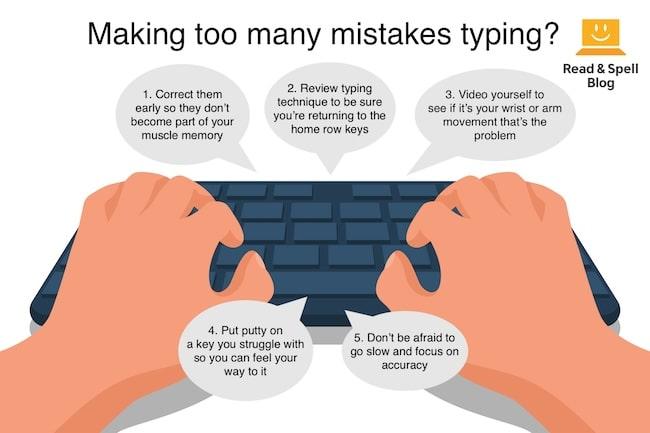Namibia Marks Its First Genocide Remembrance Day: A Step Toward Justice and Healing
On August 28, 2023, Namibia observed its inaugural Genocide Remembrance Day, a landmark occasion dedicated to honoring the victims of the early 20th-century atrocities inflicted upon the Herero and Nama communities. This solemn day not only commemorates a tragic chapter in Namibian history but also intensifies demands for justice and reparations from Germany, the former colonial power responsible for these crimes. The event brought together government officials, activists, and community members in Windhoek to reflect on past horrors while emphasizing the urgent need for acknowledgment and restitution as part of Namibia’s ongoing journey toward reconciliation.
Commemorating a Dark Legacy: The Significance of Genocide Remembrance Day
The establishment of this remembrance day marks an important milestone in Namibia’s efforts to confront its colonial past. Between 1904 and 1908, German imperial forces orchestrated systematic campaigns that led to the near-extermination of approximately 80,000 Herero people and around 10,000 Nama individuals. These genocidal acts included forced displacement from ancestral lands, mass killings, starvation tactics, and internment in concentration camps under brutal conditions.
The inaugural ceremonies featured moving speeches by prominent leaders who underscored three core themes:
- Historical Recognition: Emphasizing that understanding these atrocities is essential for addressing their lasting impact today.
- Demand for Reparations: Calling on Germany to formally acknowledge responsibility through compensation measures.
- National Unity: Encouraging Namibians across all backgrounds to unite in healing wounds left by colonial violence.
| Ceremony | Date | Location | |||||||||||
|---|---|---|---|---|---|---|---|---|---|---|---|---|---|
| Main Commemoration Event | August 28, 2023 | Windhoek | |||||||||||
| Candlelight Vigil Honoring Victims | August 27 ,2023 ¬† | Omaheke Region ¬†¬†< / tr > ¬†< / tbody > < / table > A Historical Overview: Understanding Namibia’s Colonial Atrocities Through Today’s LensThe genocide against the Herero and Nama peoples represents one of Africa’s earliest recorded genocides but remained largely unacknowledged internationally until recent decades. German colonial authorities implemented policies aimed at eradicating indigenous populations through land seizures coupled with violent suppression. Survivors were subjected to forced labor camps where many perished due to starvation or disease. This dark period was followed by decades of silence-both within Namibia and globally-hindering efforts toward justice or reconciliation until more recent advocacy movements reignited awareness worldwide. Key historical factors include:
Todays’ observance serves not only as remembrance but also as an educational platform advocating formal apologies from Germany alongside comprehensive reparations addressing both material losses and psychological trauma endured by descendants. Furthermore, integrating genocide education into national curricula remains critical so future generations understand this painful legacy within broader conversations about human rights violations worldwide. A Unified Front: Government Officials & Activists Rallying For Accountability And Support Systems
Navigating Forward: Reflections On Justice And National Healing In Namibia’s FutureThe launch of Namibia’s first Genocide Remembrance Day symbolizes more than just memorialization; it signals renewed determination toward confronting unresolved legacies rooted deeply within national identity.The event amplifies voices demanding accountability while encouraging inclusive dialogue centered around restorative justice principles.As global attention increasingly focuses on these historic grievances,Namibia stands poised at a pivotal juncture – balancing remembrance with proactive strategies aimed at fostering unity among diverse populations affected directly or indirectly by colonial-era violence.The path ahead involves sustained advocacy combined with institutional reforms ensuring lessons learned translate into meaningful change both domestically & internationally. Ultimately,this commemoration underscores how confronting uncomfortable truths forms an indispensable foundation upon which societies can build equitable futures.It reminds us all that acknowledging past wrongs is not merely symbolic,but essential groundwork paving way toward genuine reconciliation,reparation,and lasting peace throughout Southern Africa-and beyond. If you want your website visitors informed about this crucial topic using relevant SEO keywords such as “Namibia genocide,” “Herero Nama reparations,” “genocide remembrance,” “colonial injustice,” ensure your content highlights these terms naturally throughout your articles while providing fresh insights like current commemorative events or evolving legal frameworks related to reparative justice initiatives globally. |







